Shabu Shabu
Your folders
Your folders
Total: 120
Servings: 4
Ingredients
Export 16 ingredients for grocery delivery
Instructions
Step 1
Gather all the ingredients.
Step 2
To make the ponzu and sesame dipping sauces from scratch, follow the recipe links in the ingredient list. You can make the sauces ahead of time.
Step 3
Fill a donabe clay pot (or Dutch oven or any large pot) two-thirds full of water. Add the kombu and soak in the water for at least 30 minutes. Meanwhile, you can prepare the other ingredients. The right image shows the kombu dashi broth after 30 minutes.
Step 4
Prepare the udon noodles according to the instructions. Reheat the frozen udon in boiling water for 1 minute. Transfer the noodles to iced water to stop the cooking and drain well. Place on a plate and set aside. You'll end the meal with the udon course after all the other ingredients are cooked and eaten.
Step 5
Cut the napa cabbage leaves into 2-inch (5 cm) pieces, and then cut each piece in half or into thirds.
Step 6
Cut the shungiku into 2-inch (5 cm) pieces.
Step 7
We only use the white part of the Tokyo negi (or the leek or green onions). Cut it diagonally into pieces ½ inch (1.3 cm) thick.
Step 8
Rinse the enoki and shimeji mushrooms. Discard the root ends of both mushrooms and separate them into smaller chunks.
Step 9
Cut off the stems of the shiitake mushrooms and make a decorative cutting on the cap (optional).
Step 10
Cut the carrot into ¼-inch rounds. If you'd like, you can use a vegetable cutter to create a flower shape.
Step 11
Cut the tofu into square pieces about 1 inch (2.5 cm) thick.
Step 12
Arrange all the ingredients on a serving platter.
Step 13
Peel the daikon and grate it using a grater (I love and use this one all the time). Squeeze the grated daikon gently to remove most of the liquid and put it into a small bowl.
Step 14
Cut the green onions into thin rounds and put it in a bowl.
Step 15
Prepare the shichimi togarashi in a bowl (optional). Lay the thinly sliced beef on a plate.
Step 16
Set up a portable gas stove at the table and put the donabe on the burner. Place the platters with the ingredients on the table. Give each person their own bowls of ponzu sauce and sesame sauce. I also like to prepare an additional bowl for each person so they can use it to cool the food.
Step 17
Bring the broth to a simmer over medium heat. Take out the kombu right before water starts to boil (otherwise, the water will get slimy).
Step 18
Add the tofu, tough parts of napa cabbage and shungiku, negi, carrots, and some mushrooms. You don’t have to put all the ingredients in at once; you may cook in batches if you prefer. Cover to cook for 10 minutes.
Step 19
While you’re waiting for the food to cook, prepare your dipping sauces. Add the grated daikon, shichimi togarashi, and green onion to the ponzu. Add the green onion to the sesame sauce.
Step 20
When you're ready to eat the meat, pick up a piece of thinly sliced beef with a set of communal chopsticks and stir or "swish" the meat in the boiling broth. Cook for 20-30 seconds or until the meat is no longer pink; be careful not to overcook it.
Step 21
Take out the cooked beef and vegetables from the pot when they are done and dip the food in the ponzu or sesame sauce.
Step 22
Add the remaining ingredients to the boiling broth as needed and simmer for a few minutes. Skim off the scum and foam from the surface as you cook. Prepare a fine-mesh skimmer and a 2-cup measuring cup or bowl filled with water at the table so you can easily skim as you cook. The water in the measuring cup will help you clean the skimmer. We want to keep the broth as clean as possible.
Step 23
When all the ingredients are cooked, skim the broth one last time to prepare for the udon noodles. Typically, a hot pot meal ends with cooking udon noodles or porridge.
Step 24
Add the udon noodles to the pot and reheat for 1-2 minutes. Lightly season the broth with salt and white pepper, if you'd like (optional).
Step 25
Dilute the individual bowls of ponzu sauce with the broth and serve the udon noodles in each bowl.
Step 26
You can keep the leftovers in an airtight container and store in the refrigerator for 3 days or in the freezer for a month.
Top similar recipes
Curated for youYour folders
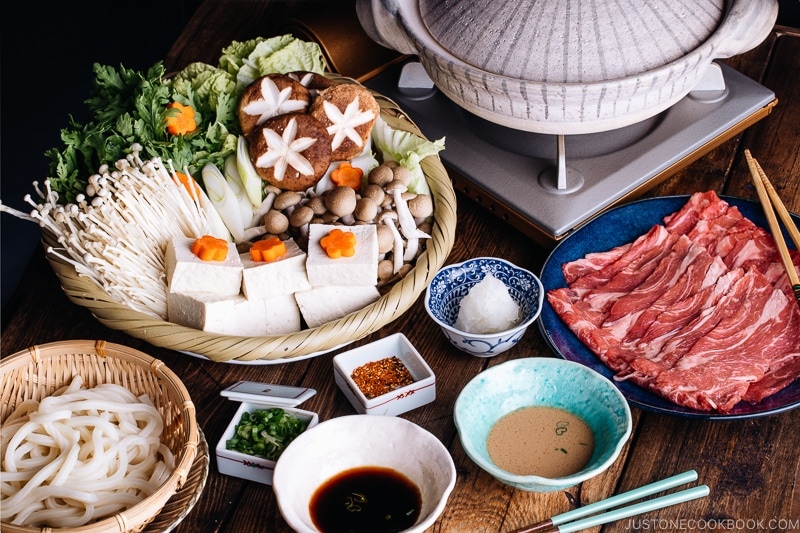
 1091 views
1091 viewsShabu Shabu
justonecookbook.com
4.6
(24)
15 minutes
Your folders

 144 views
144 viewsShabu Shabu
funkyasiankitchen.com
Your folders
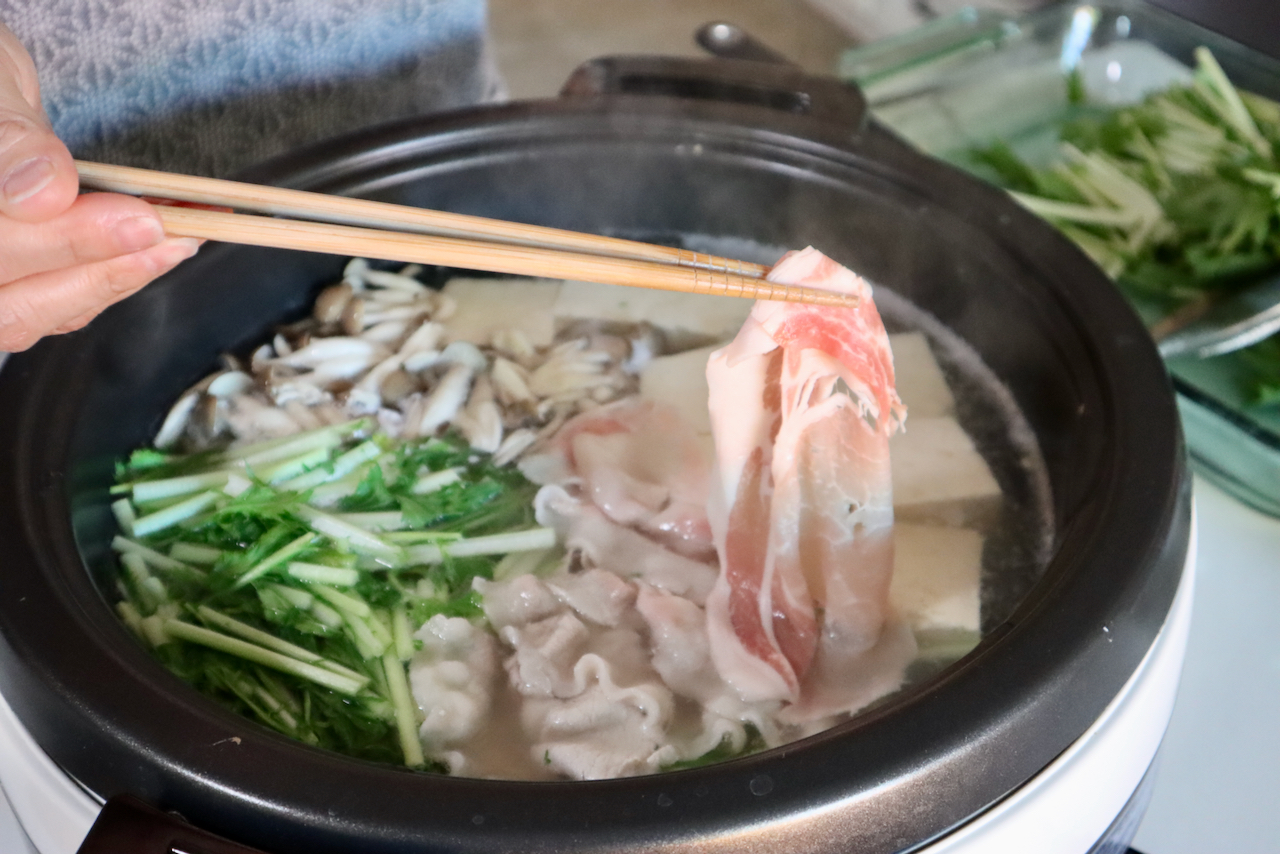
 307 views
307 viewsPork Shabu Shabu
japanesecooking101.com
5.0
(1)
10 minutes
Your folders
 85 views
85 viewsPork Shabu Shabu
japanesecooking101.com
Your folders
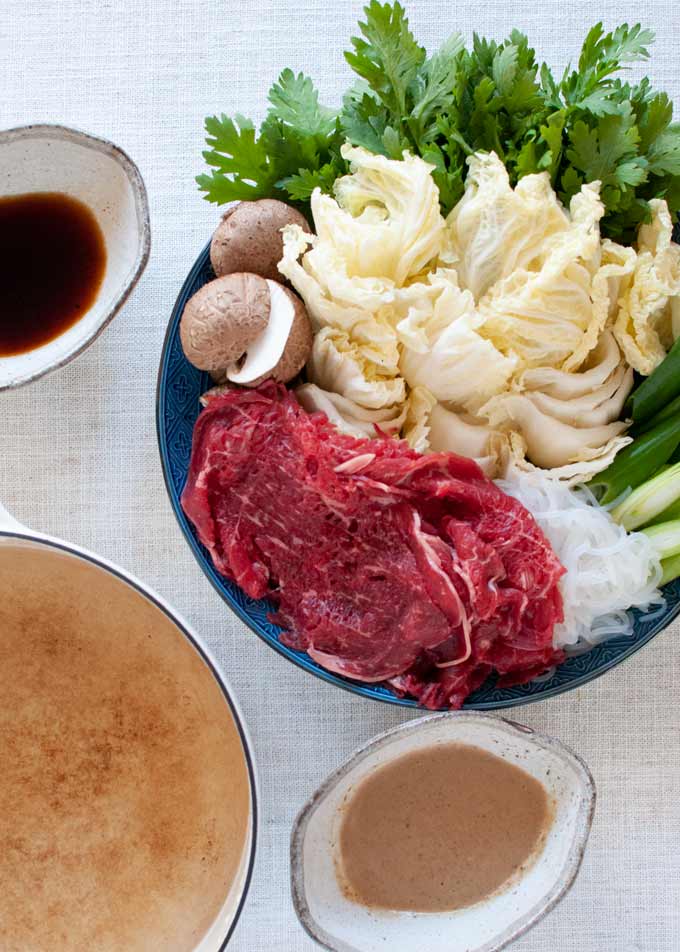
 132 views
132 viewsShabu-shabu Hotpot
japan.recipetineats.com
4.5
(2)
5 minutes
Your folders

 398 views
398 viewsShabu-shabu - Wikipedia
en.wikipedia.org
Your folders
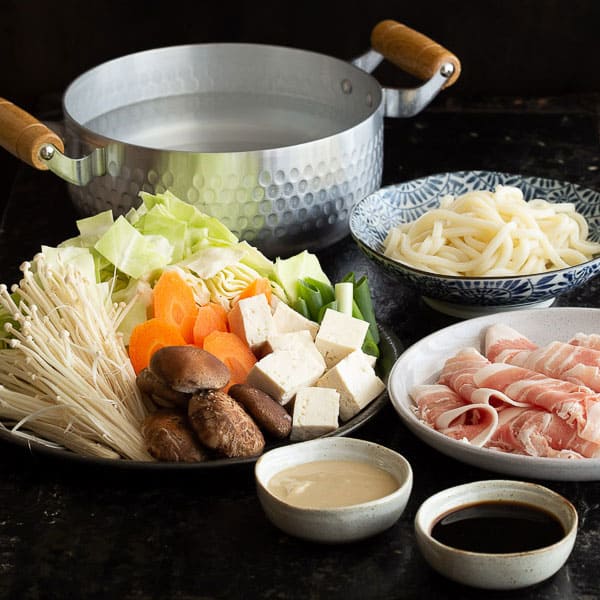
 893 views
893 viewsQuick Shabu Shabu Recipe
wandercooks.com
5.0
(4)
5 minutes
Your folders

 892 views
892 viewsInstant Pot Shabu Shabu
triedtestedandtrue.com
4.0
(1)
5 minutes
Your folders

 157 views
157 viewsShabu Shabu Broth Recipe
chichilicious.com
4.8
(4)
75 minutes
Your folders

 282 views
282 viewsJapanese Shabu-Shabu (Hot Pot)
internationalcuisine.com
5.0
(1)
30 minutes
Your folders

 430 views
430 viewsShabu Shabu with Dipping Sauces
foodnetwork.com
Your folders

 404 views
404 viewsCold Shabu Shabu Noodle Salad Recip...
today.com
4.2
(5)
Your folders

 837 views
837 viewsVegetable Shabu Shabu In Kombu-Ging...
cooking.nytimes.com
4.0
(113)
Your folders
 90 views
90 viewsKorean-style shabu-shabu hot pot (샤...
maangchi.com
20 minutes
Your folders
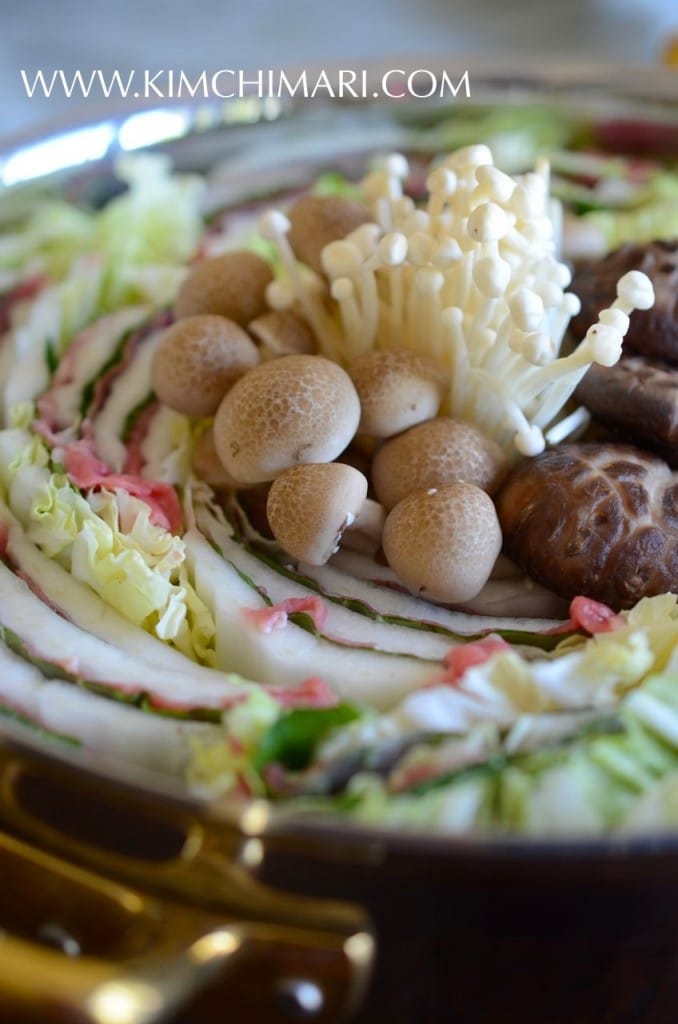
 252 views
252 viewsEasy and Pretty Mille-Feuille Nabe ...
kimchimari.com
5.0
(2)
40 minutes